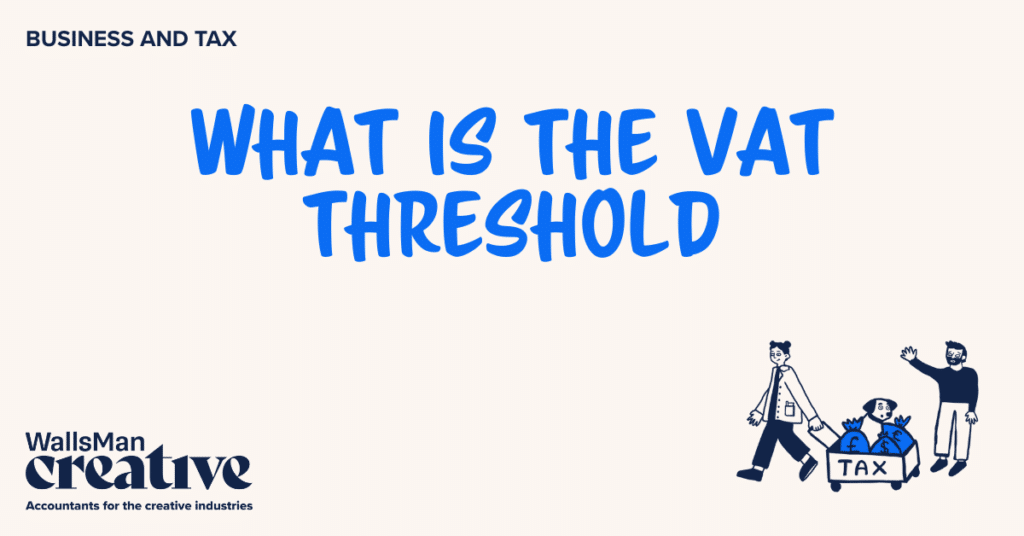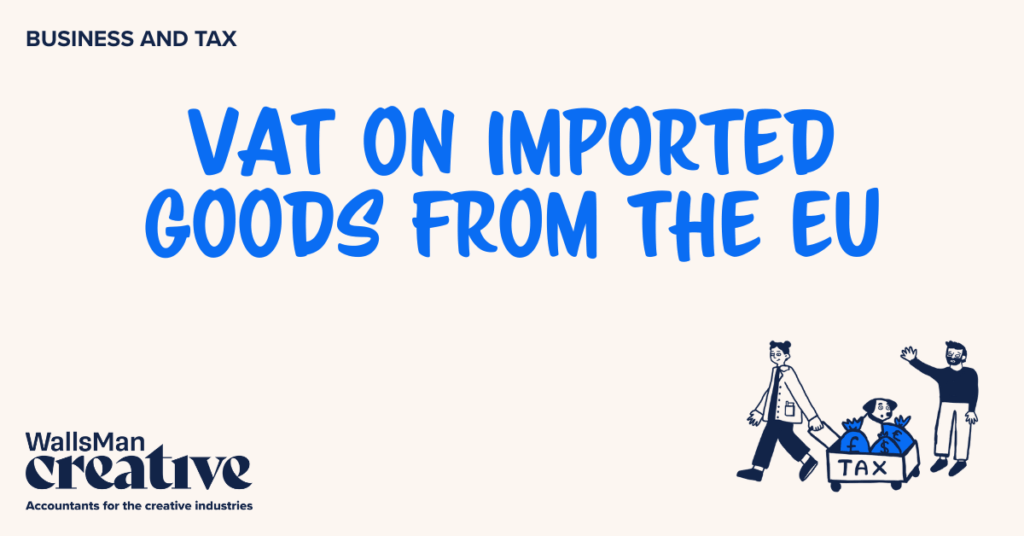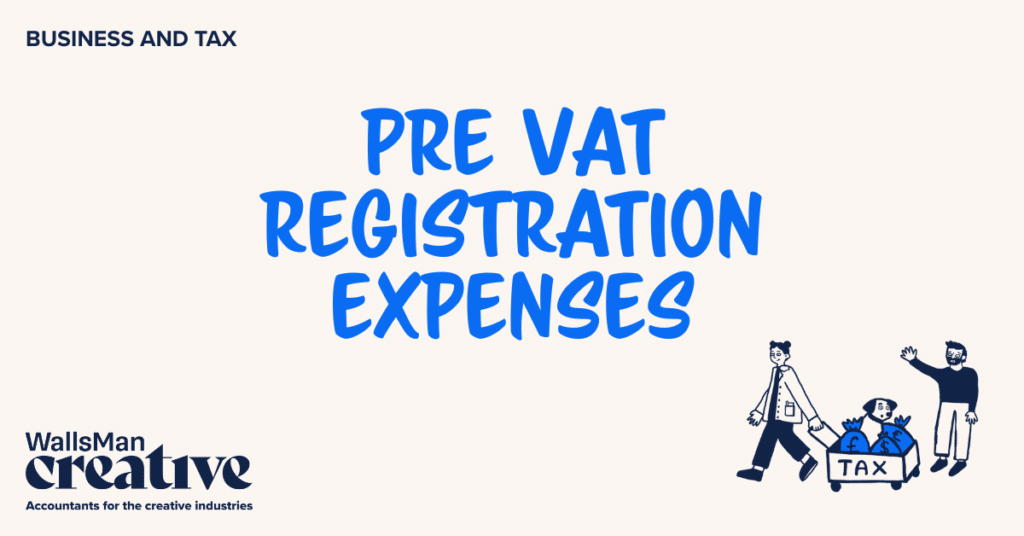The UK government rewards creativity with real financial support. Through a range of creative industry tax reliefs and new expenditure credits, production companies can reduce their Corporation Tax or claim a payable credit for qualifying costs.
Since 1 January 2024, HMRC has started phasing in a new regime – the Audio-Visual Expenditure Credits and Video Games Expenditure Credits – replacing the older reliefs for film, television, animation and games.
If you run a creative production company, creative industry tax reliefs can save you a ton of money. But you have to make sure that you understand which tax relief or expenditure credit applies to you.
Key Takeaways
- UK creative companies can reduce Corporation Tax or receive cash credits through Creative Industry Tax Reliefs and new Expenditure Credits.
- Since 1 January 2024, HMRC has begun phasing in the Audio-Visual Expenditure Credit (film, high-end TV, children’s TV, animation) and Video Games Expenditure Credit (VGEC), replacing older reliefs by April 2027.
- To qualify, your company must be a UK production company, pay UK Corporation Tax, pass the British cultural test, and spend on core UK production activities.
- Other reliefs still active include Theatre Tax Relief (TTR), Orchestra Tax Relief (OTR), and Museums and Galleries Exhibition Tax Relief (MGETR)
Table of contents
- 1. What is tax relief for creative industries?
- 2. Which creative sector companies qualify
- 3. How expenditure credits work (and how they’re replacing old reliefs)
- 4. Other creative tax reliefs still in effect
- 5. How to claim: process and tax return steps
- 6. Creative industries tax reliefs | WallsMan Creative expertise
1. What is tax relief for creative industries?
Creative industry tax reliefs are government incentives that let qualifying UK production companies reduce their Corporation Tax or receive a cash payment, known as a payable tax credit. They exist to keep production work and creative talent in the UK.
These reliefs apply to companies producing:
- film
- television
- animation
- video games,
- theatre
- orchestral performances and
- museum or gallery exhibitions.
They work by allowing you to claim an additional deduction on qualifying expenditure or, under the newer system, a direct expenditure credit based on production spend.
From 1 January 2024, HMRC began shifting most of these schemes to the new Expenditure Credit Regime, starting with theAudio-Visual Expenditure Credit (AVEC) and Video Games Expenditure Credit (VGEC). The old “tax relief” system will gradually phase out by April 2027, but many projects are already moving to the new credits to take advantage of higher rates and simpler claims.
2. Which creative sector companies qualify
To claim a creative industry tax relief or expenditure credit, your business must be a UK production company responsible for the creative, technical, and financial decisions behind a qualifying production.
You control the project, contract the work, and shoulder most of the production risk.
Your company also needs to:
- Be subject to UK Corporation Tax
- Pass the British cultural test or qualify as an official co-production certified by the British Film Institute (BFI)
- Incur qualifying expenditure on core production activities in the UK
Qualifying expenditure usually includes costs directly tied to production (staff, studios, set design, animation, VFX, and post-production), but excludes marketing, financing, or distribution.
3. How expenditure credits work (and how they’re replacing old reliefs)
The new Expenditure Credit Regime modernises how creative sector tax support works. Instead of claiming an additional deduction to reduce taxable profits, production companies now receive a credit calculated directly on qualifying expenditure.
This change increases transparency, aligns with the R&D Expenditure Credit model, and helps UK creative businesses recover more value from their production spend. The transition runs from 1 January 2024 to 1 April 2027, when all new claims will need to use the credit system.
Audio-Visual Expenditure Credit (AVEC)
The AVEC applies to:
- film
- high-end television
- children’s television and
- animation productions
certified as British.
It replaces the old film, HETV, children’s TV, and animation reliefs.
The standard credit rate is 34%, with an enhanced 39% rate for animation and children’s television. Productions must meet the UK cultural test and incur qualifying expenditure in the UK to claim.
We’ve published a dedicated article breaking down the AVEC in full ←
Video Games Expenditure Credit (VGEC)
The VGEC replaced the former Video Games Tax Relief (VGTR) from 1 January 2024. It offers a credit on qualifying core expenditure for video game productions that are certified as British under the cultural test.
To qualify, the company must be the game’s production company, subject to UK Corporation Tax, and directly responsible for developing, designing, and producing the game.
The credit works similarly to AVEC: instead of a deduction, you claim a cash credit based on qualifying UK spend, which can significantly reduce Corporation Tax or result in a payable amount.
Projects that started before April 2025 can still claim under the old VGTR rules, but new productions should move to VGEC to benefit from the updated structure and simplified claims.
4. Other creative tax reliefs still in effect
While the new expenditure credits are phasing in, several long-standing creative sector tax reliefs remain available. These apply mainly to live performance, music, and exhibition projects that fall outside the audio-visual categories.
Let’s break them down!
Theatre Tax Relief (TTR)
TTR supports companies that produce live theatrical performances. It allows an additional deduction on qualifying expenditure and, in some cases, a payable credit when the company makes a loss. Both touring and non-touring productions can claim, with higher rates available for touring shows.
Orchestra Tax Relief (OTR)
OTR offers a tax reduction or payable credit for orchestral concerts performed to a live audience. The claim focuses on production and rehearsal costs within the UK, encouraging investment in live classical and contemporary music.
Museums and Galleries Exhibition Tax Relief (MGETR)
MGETR applies to the creation of new public exhibitions by qualifying museums and galleries. It allows a deduction or cash credit for core exhibition costs and covers both touring and non-touring shows. The scheme has been extended to continue beyond 2026.
5. How to claim: process and tax return steps
Claiming a creative industry tax relief or expenditure credit happens through your Corporation Tax return (CT600).
The process is fairly straightforward once you understand what HMRC expects and what documents you’ll need to submit.
Here’s how it works step by step:
- Get certified: Obtain a BFI certificate confirming you pass the UK cultural test. Theatre, orchestra, and exhibition projects don’t need certification but must meet their own qualifying rules.
- Calculate qualifying costs: Identify UK-based production costs.
- Choose your claim type:
- Under the new Expenditure Credit Regime, claim a percentage of qualifying spend (e.g., 34% or 39%).
- For older reliefs, claim the additional deduction first, then calculate any payable credit.
- File your claim: Include the claim in your CT600 tax return.
- Submit documents: Attach your BFI certificate (if applicable), cost breakdowns, and expenditure schedules.
- Receive your benefit: The credit reduces your Corporation Tax or, if no tax is due, provides a cash repayment from HMRC.
| Creative Tip Keep all contracts and invoices for HMRC review! |
6. Creative industries tax reliefs | WallsMan Creative expertise
Creative industry tax reliefs and expenditure credits are a way to fund the next generation of UK-made film, television, games, theatre, and exhibitions. The move to the new Expenditure Credit Regime gives production companies more transparency and often a higher return on their qualifying spend.
If you want to make sure you’re claiming everything you’re entitled to, WallsMan Creative is your accountancy firm!
We only work with the creative sectors, so we know all about the possible creative industry tax reliefs and expenditure credits you can claim to make sure your creative work gets the financial stability it deserves. Let’s discuss how we can help you!





